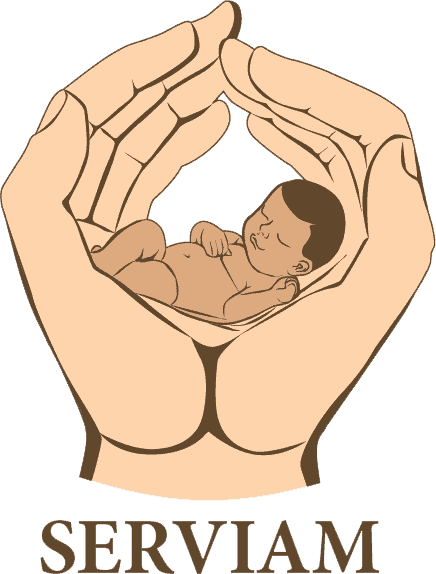Irregular Periods Part 3: Treatment Options
Now that we have covered the types, causes and symptoms of irregular periods, we can begin exploring the treatment options.
Amenorrhoea Treatment
If the cause of your amenorrhoea is not obvious such as pregnancy or menopause, recording changes in your menstrual cycles may be beneficial to your gynaecologist to figure out a diagnosis and treatment. Typical treatment for amenorrhoea involves addressing the underlying cause and may include:
• Following a diet and exercise plan to ensure you maintain a weight that’s healthy for you.
• Stress management.
• Hormonal treatment (medication such as birth control pills).
• Surgery – in some cases such as cysts in the ovary/uterus.
Additionally, your gynaecologist may recommend some treatments to help with the effects of amenorrhoea:
• Oestrogen treatment – to relieve vaginal dryness and hot flashes.
• Supplements such as Vitamin D and Calcium to keep bones strong.
Oligomenorrhoea Treatment
Like amenorrhoea, treatment for this type of irregularity depends on the cause. Once determined, your gynaecologist can recommend treatments such as:
• Hormone therapy – In cases where oligomenorrhoea is caused by a hormonal imbalance, your gynaecologist may prescribe hormone treatments such as birth control pills.
• Surgery – Your gynaecologist may remove tumours that are producing excess androgens.
• Lifestyle changes – Adjustments to your diet and physical activity may be recommended if nutritional deficiencies or strenuous activities are causing your irregularity.
Heavy Menstrual Bleeding Treatment
Treatment for heavy menstrual bleeding depends on the cause, severity of your bleeding, age, health and medical history. It may also depend on your reaction to certain medicine and personal preferences. For example, If you are trying to get pregnant, certain medications that reduce your bleeding such as birth control may affect your treatment options. Thus, it is important to speak to your gynaecologist about your health concerns and goals for treatment. Options include:
Medications –
• Supplements – such as iron supplements to improve your iron stores.
• Nonsteroidal Anti-inflammatory Drugs (NSAIDs) –this can ease your cramps and reduce your bleeding.
• Birth control – (pills, vaginal ring, patch, IUDs) may help make your periods more regular and lighten your blood flow.
• Hormone therapy (HT) – this can help balance the amount of oestrogen and progesterone in your body so that your menstrual flow isn’t as heavy.
• Gonadotropin-releasing hormone (GnRH) agonists – this can temporarily stop or reduce bleeding by preventing ovulation.
• Gonadotropin-releasing hormone (GnRH) antagonists – this can manage heavy period bleeding related to fibroids.
• Antifibrinolytic medicines – such as tranexamic acid can prevent clots from breaking down and causing excessive bleeding.
Procedures –
• Myomectomy – removes fibroids from your uterus.
• Uterine Artery Embolization (UAE) – restricts the blood flow from fibroids and tumours.
• Endometrial ablation – destroys all or part of the lining of your uterus.
Dysmenorrhoea Treatment
There are several things you can to relief the pain associated with periods:
• Pain relievers/NSAIDs – This is often the first treatment for dysmenorrhoea and includes medications such as ibuprofen. Based on the severity, your gynaecologist can also prescribe a higher dose that what is available over the counter.
• Hormonal medications – These include birth control options such as the pills which may reduce menstrual pain.
• Applying a heating pad or hot water bottle on your lower back or abdomen when you have cramps can reduce pain.
• Lifestyle factors – getting extra rest, regular exercise, avoiding foods that contain caffeine, alcohol and smoking can reduce dysmenorrhoea.
Consult with Serviam’s Gynaecologist here in San Fernando Trinidad to know which treatments option is best for you based on the type of irregular menstruation you are experiencing, personal and health factors
Resources:
For more information on treatment options for irregular periods, you can utilize the following links:
https://www.nichd.nih.gov/health/topics/menstruation/conditioninfo/treatments
https://www.healthline.com/health/womens-health/irregular-periods-home-remedies#at-home-remedies
https://www.hoag.org/specialties-services/womens-health/conditions/menstrual-problems/
Contact Serviam to make an appointment to visit our clinic in San Fernando Trinidad for services from our team specializing in: OBGYN, Paediatrics, General Surgery, Urology, Dietetics, Medico-Legal Services and more.
